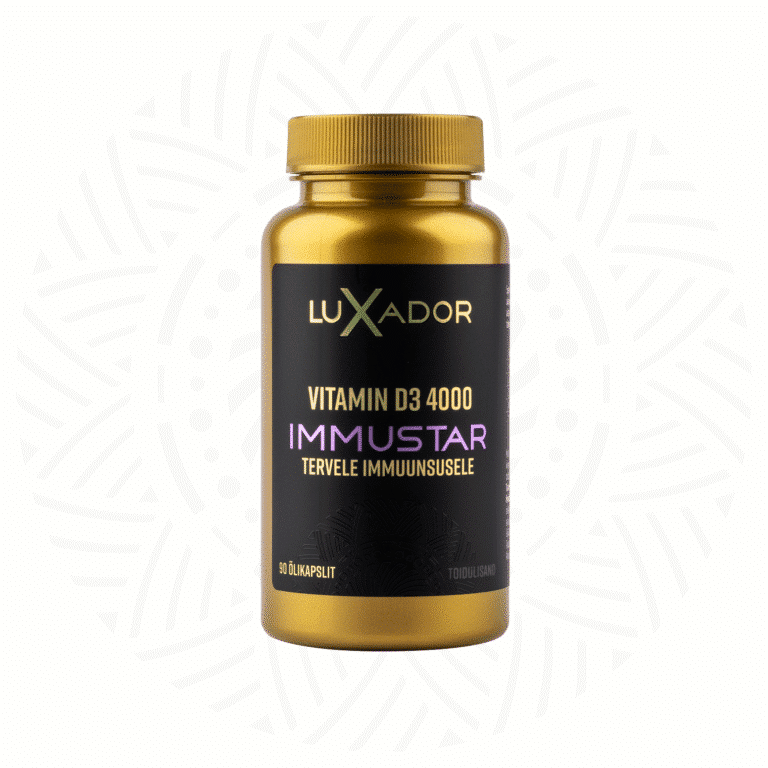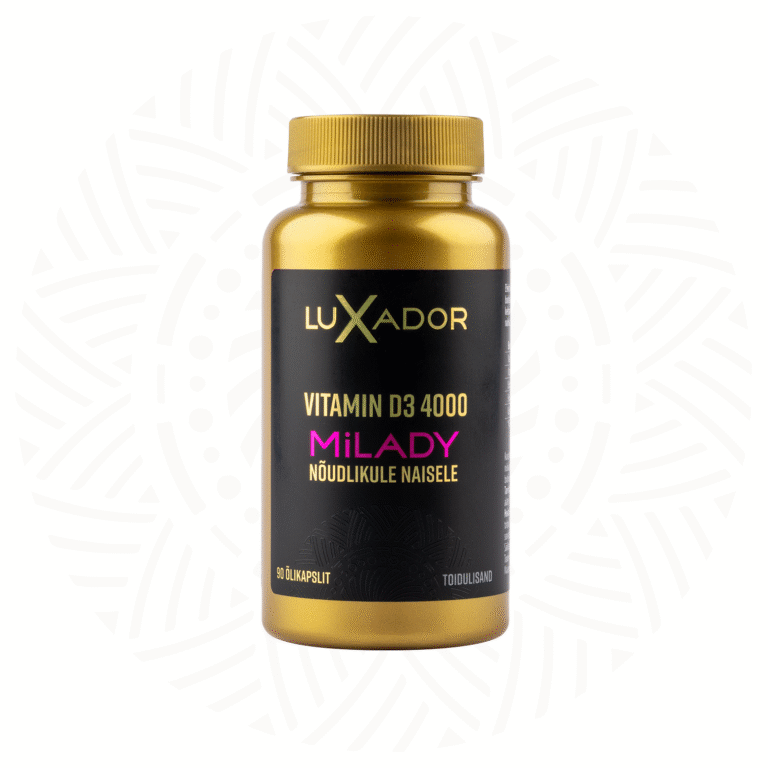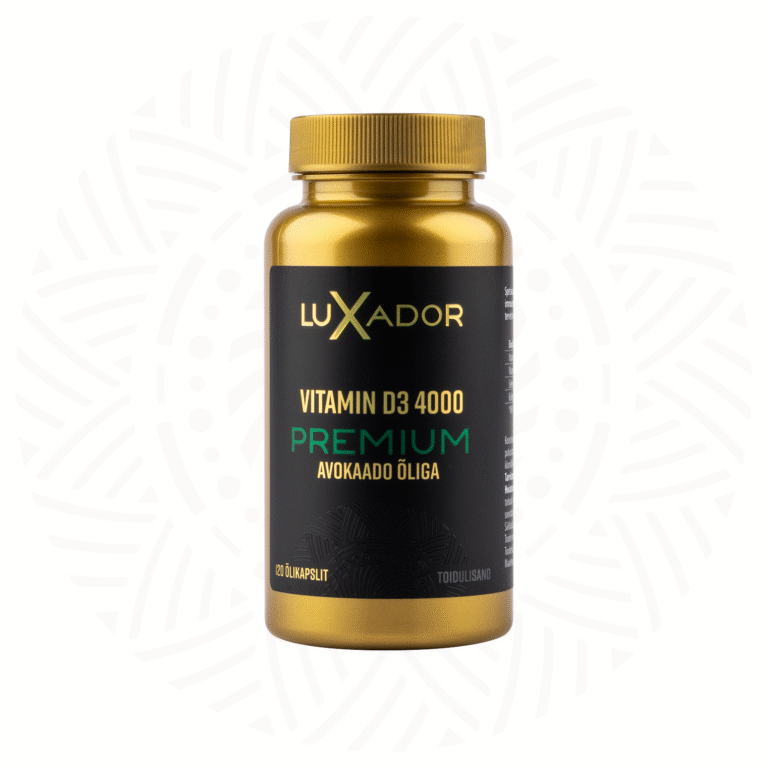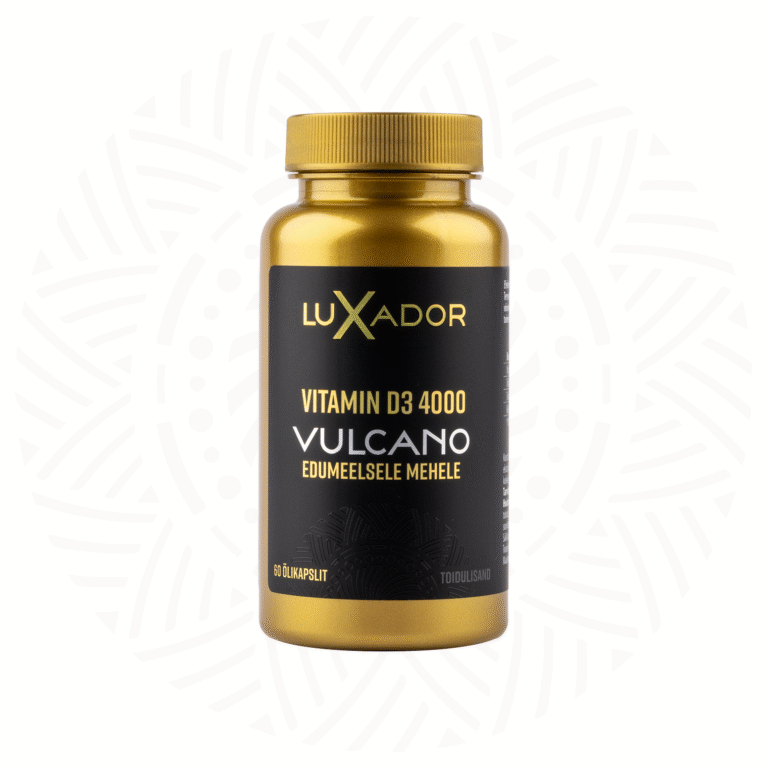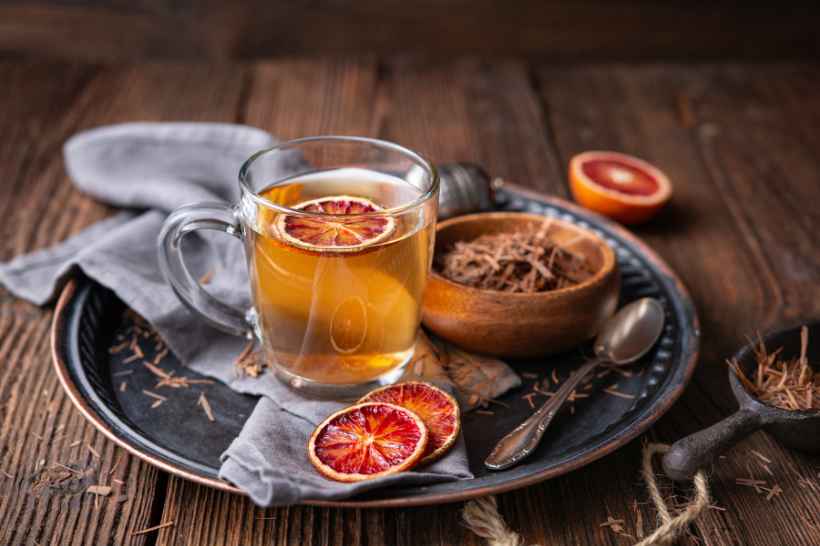Have you ever wondered why some people radiate energy and health while you struggle with constant viral infections and fatigue? The answer likely lies in what we eat—especially selenium. Read on to find out why selenium deficiency is so common in Estonia and how consuming selenium can help you live a healthier life.
What is Selenium and Why is it Critically Important?
Selenium is an essential trace element that plays several vital roles in our bodies. It protects cells from oxidative stress, strengthens the immune system, and helps maintain smooth metabolic function. Since the body cannot produce selenium on its own, we must obtain it through food or supplements.
On average, a person weighing 70 kg contains 10–14 mg of selenium, primarily stored in the liver, kidneys, muscles, blood serum, and hair. A sufficient level of selenium helps prevent hair loss and supports hair growth and strength. Selenium provides numerous benefits, including:
- Immune support: Selenium strengthens the body’s ability to fight diseases.
- Antioxidant effect: Selenium helps reduce oxidative stress, preventing cardiovascular diseases and cancer.
- Hormonal balance: Selenium supports normal thyroid function, helping to maintain hormonal balance.
- Male fertility: Selenium improves sperm motility, supporting male fertility.
Signs of Selenium Deficiency
The level of selenium in our bodies is closely linked to soil and diet. This means that if our diet lacks selenium-rich foods or we live in an area with selenium-poor soil, we miss out on this essential mineral. As a result, several health problems may arise, indicating a selenium deficiency.
Signs of Selenium Deficiency to Watch For:
- Frequent infections: Selenium deficiency makes the immune system more susceptible to viral diseases.
- High blood pressure: Selenium helps maintain vascular elasticity, supporting healthy circulation.
- Pigmentation spots and premature wrinkles: Selenium’s antioxidant properties help protect the skin from free radical damage.
- Infertility: Selenium deficiency can affect fertility in both men and women, reducing the chances of conception.
- Cataracts: Selenium supports eye health and may help reduce the risk of cataracts.
- Dandruff: Selenium helps maintain healthy skin and hair; its deficiency may increase the likelihood of dandruff.
- Hair loss: A sufficient selenium level supports hair growth and strength, reducing breakage and damage.
Recognizing selenium deficiency early and restoring balance can help prevent numerous health problems. If these symptoms seem familiar, checking your selenium levels and adjusting your diet or supplement intake may be beneficial.
It is important to note that selenium supplements should not be used in all situations, such as during chemotherapy, as they may actually enhance the survival of cancer cells.
Why is Selenium Deficiency Common in Estonia?
Selenium deficiency is a common issue in Estonia because the country’s soil is low in selenium. This is due to historical geological processes. Estonian soil was formed from glacial deposits, which contain little selenium. As a result, plants cannot absorb enough selenium from the soil.
Studies show that Estonian residents have an average selenium intake of 45–50 μg per day, while the optimal level is 80–120 μg per day. Only 15% of the Estonian population has selenium levels within the normal range.
Finland faced a similar problem and solved it in the 1980s by adding selenium to fertilizers. As a result, the selenium levels of the population returned to normal, which led to a significant reduction in selenium deficiency-related diseases: the incidence of cancer was halved, heart disease cases dropped by 2.5 times, and endocrine disorders decreased by a staggering 77%.
Other Causes of Selenium Deficiency
Selenium deficiency is not only due to poor soil but also to lifestyle and dietary choices. The main factors that can reduce selenium levels in the body include:
- Sugar consumption: Foods high in sugar, such as pastries, cookies, and soft drinks, are selenium’s worst enemies. Excessive sugar and refined carbohydrates inhibit selenium absorption, so reducing intake is beneficial.
- Alcohol: Excessive alcohol consumption hinders selenium absorption and damages the liver, which is crucial for processing selenium.
- Smoking: Smoking increases the number of free radicals in the body, reducing selenium effectiveness and increasing the need for antioxidants.
- Medications: Certain drugs, such as diuretics and antacids, can also lower selenium levels by impairing its absorption and retention.
Selenium Keeps Viruses Away
Selenium is an essential trace element that supports immune system activity and regulation. Selenium stimulates the production of T-cells and other immune cells, helping the body effectively respond to viral infections and diseases.
Regular selenium intake before the virus season is crucial for strengthening the immune system. Studies show that selenium deficiency increases susceptibility to viral infections and reduces immune cell effectiveness, making regular selenium supplementation important.
Which Selenium Supplement to Choose?
There are many selenium supplements available, and choosing the right one can be challenging. Keep in mind that selecting a supplement with a well-absorbed form of selenium is essential for the best results.
Which form of selenium is best absorbed?
- L-selenomethionine and selenium-cysteine: These are the two best and most well-researched organic forms of selenium. They are naturally found in Brazil nuts and are known for their effectiveness. If you want to maximize benefits, choose a supplement containing these forms.
- Selexene: This is also a good choice, although it is less studied than L-selenomethionine and selenium-cysteine. Selexene supports selenium intake but may not be as effective as the first two.
What to avoid?
- Inorganic selenium: Avoid supplements containing inorganic selenium, such as selenium trioxide or selenite. These forms are less bioavailable and do not provide as many benefits to the body. They are also excreted quickly, limiting their effectiveness. Instead, choose organic selenium forms (e.g., selenomethionine) for better results and higher efficiency.
Selenium in Food
Since Estonian soil is low in selenium, plants and animals raised there do not obtain enough of this mineral, meaning that even a person with a carefully planned diet can easily develop selenium deficiency. Therefore, it is important to carefully select selenium-rich foods to maintain adequate levels.
Several foods help maintain sufficient selenium levels in the body. Brazil nuts are the richest source, but other good sources of selenium include:
- Seafood: Tuna, shrimp, and fish are rich in selenium and should be included in your regular diet.
- Meat: Chicken, beef, and other meats help maintain selenium levels and provide a variety of proteins.
- Eggs: Eggs are rich not only in selenium but also in many other essential nutrients.
- Whole grains: Oatmeal, brown rice, and whole-grain bread contain selenium along with healthy fiber and proteins.
- Nuts and seeds: Besides Brazil nuts, other nuts such as walnuts and seeds like flaxseeds are good sources of selenium.
- Dairy products: Milk, yogurt, and cheese help diversify selenium intake and support overall dietary balance.
Since Estonian soil cannot naturally provide sufficient selenium, it may be necessary to consider selenium supplements to meet the body’s needs.
Consume selenium and stay healthy!
